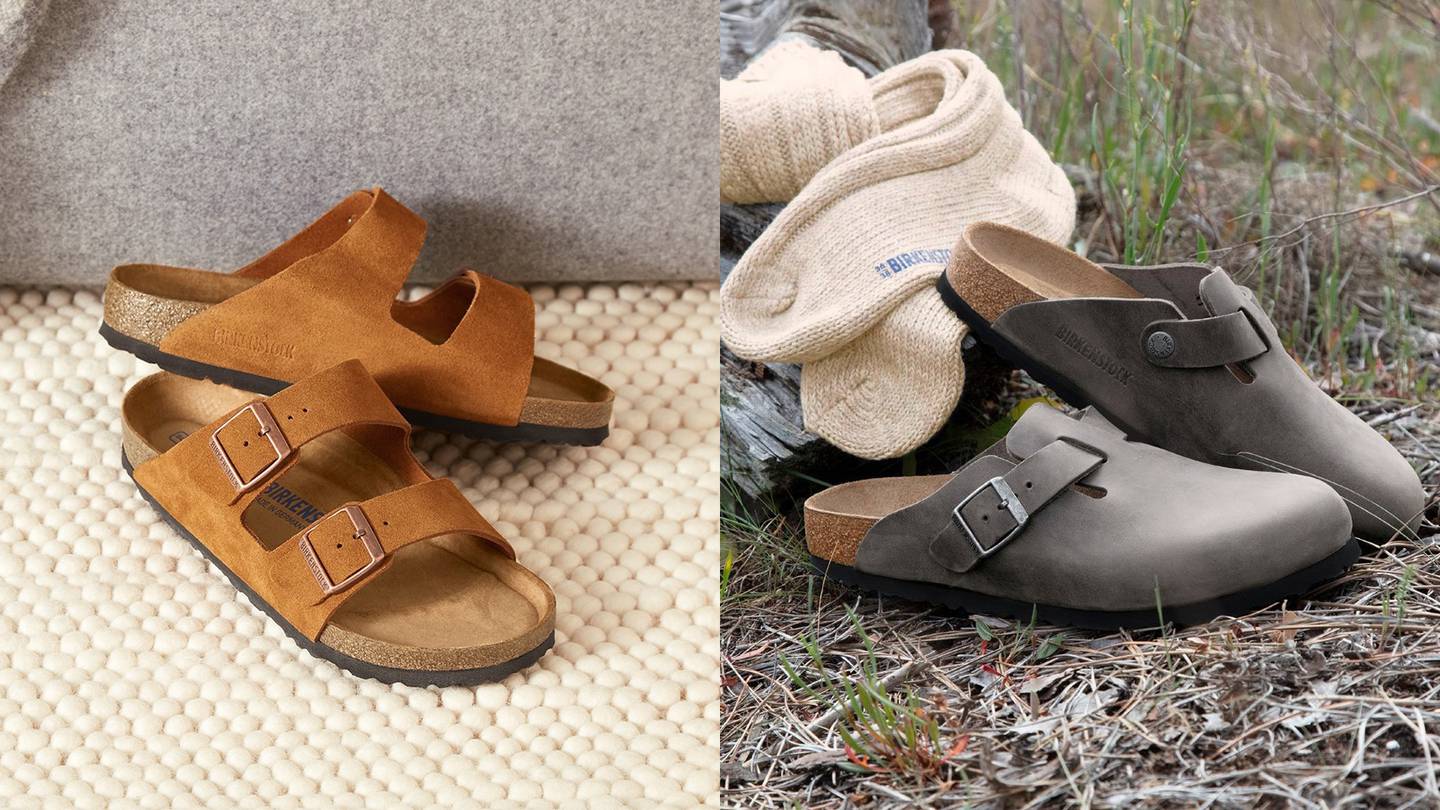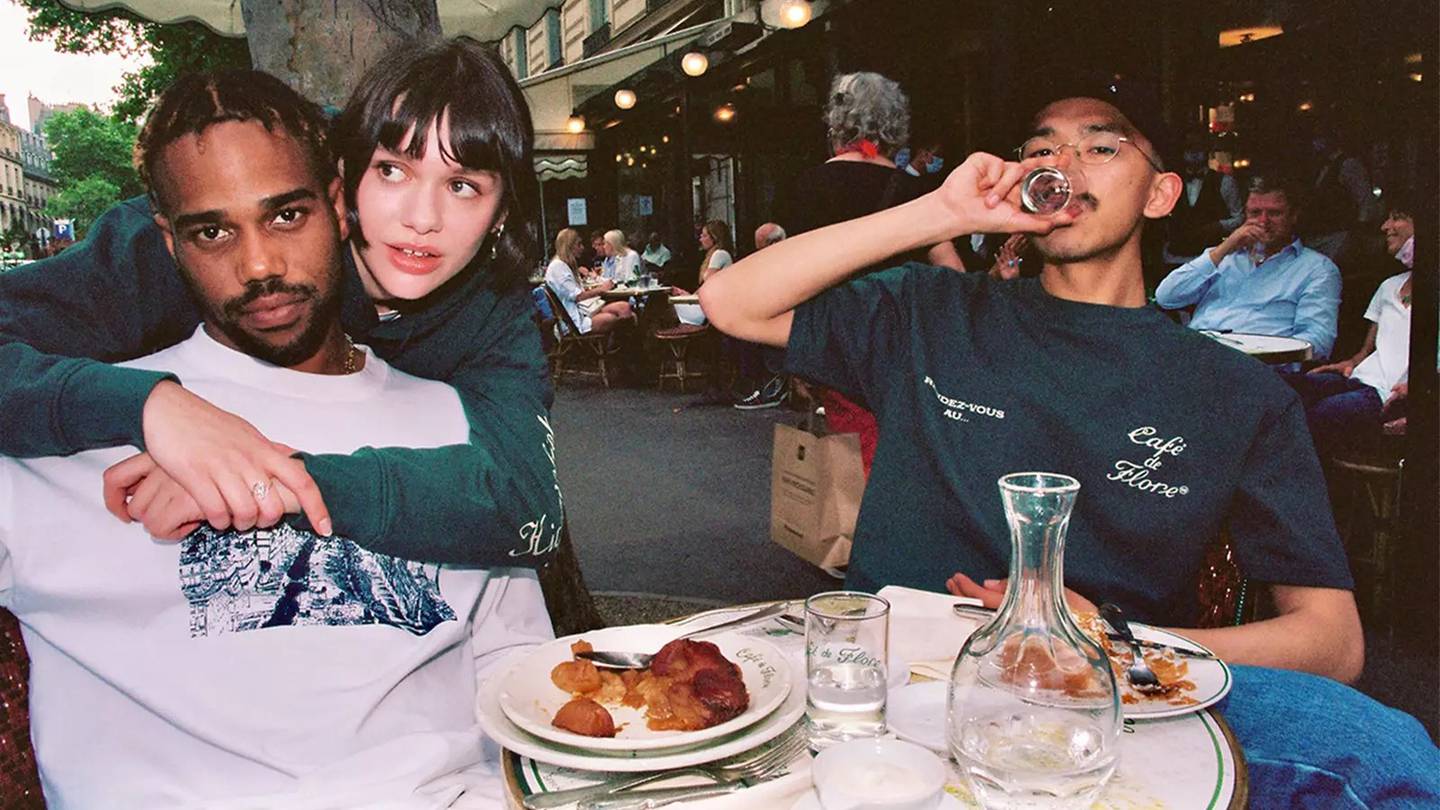
Shein’s road to initial public offering has been unusual — and that’s before the company has even formally announced its intentions.
Last week, Reuters reported that the fast-fashion giant had filed paperwork with the Securities and Exchange Commission to list shares on a US exchange, seemingly confirming years of rumours. Instead, Shein vehemently rebuked the claims, telling BoF and other media outlets “we currently have no plans for an IPO.”
Reuters retracted the story, only to publish a new one on Tuesday reporting that Goldman Sachs, Morgan Stanley and other banks were helping Shein prep for an IPO. It cited at least six sources, and this time there was no retraction.
There are other signs a Shein IPO is coming, and may be imminent: the company moved its assets from a holding company in China to another in Singapore last year in an effort to circumvent Chinese laws that prohibit domestic companies from pursuing offshore listings. Chris Xu, who founded Shein in 2008, has also become a permanent resident of Singapore, according to Reuters.
In March, Shein raised $2 billion from investors including General Atlantic and Sequoia Capital China at a more-than $60 billion valuation. If the public market agrees with that figure, it would make Shein the second-biggest Chinese company to list in the US, after the ride-hailing service Didi Global, and one of the 10 or 15 biggest from any country.
And yet even at this late stage, there’s still scepticism among investors and many within the fashion industry about whether Shein’s blockbuster exit will happen at all.
What is behind the delay?
For Shein, the timing is never right.
The company’s popularity exploded around the start of the pandemic in 2020, and an IPO was rumoured to be in the works that year, according to multiple reports at the time. Plenty of other e-commerce companies did go public as the market boomed in 2021, including Warby Parker, Poshmark and Rent the Runway.
Had Shein joined them, its shares might have been snapped up by retail and institutional investors eager to own a piece of the world’s hottest fashion company. But it might also have found itself caught up in the deteriorating relationship between the US and China, which was at a low ebb following the crackdown on Hong Kong protesters and the mass detention of Uyghurs in Xinjiang, including allegations of forced labour in the region’s cotton and textile industries.
Shein might have tried again last year. But by then the IPO market had dried up, as Russia’s invasion of Ukraine and high inflation sent stock markets tumbling. While there has been a steady trickle of listings (including Lanvin in December), there hasn’t been a major tech IPO in 18 months and counting.
Shein has the scale and the potential to break that logjam. But market conditions are the least of its problems.
Could geopolitical tensions prevent an IPO from happening?
Shein denies it uses labour from the Xinjiang region and has said that it has zero tolerance for forced labour in its supply chain. It has struggled to convince activists and US lawmakers.
In May, a bipartisan group of US representatives penned a letter to the SEC asking the agency to halt Shein’s prospective IPO until it can prove that it does not use forced Uyghur labour, which is prohibited under the Uyghur Forced Labor Prevention Act that went into effect last year.
Critics have also pointed to Shein’s use of the “de minimis” tariff loophole, which allows e-commerce operators to ship individual packages under $800 in value into the US without paying duties or fees. That gives the company an edge over many competitors, which bring clothing into the country in bulk shipments that are fully taxed.
Shein isn’t the only company with ties to China that’s under such close scrutiny. The state of Montana is trying to ban its residents from using TikTok, and fellow e-commerce platform Temu faces the same questions over forced labour and customs duties.
Ultimately it’s up to the SEC, not Congress, to approve an IPO. Shein can also proceed toward an IPO even under these clouds; at any given moment, there are likely to be publicly traded companies under investigation for labour practices or grappling with changes to their tax structures.
The greater threat would come if lawmakers or regulators go further than they have so far. Fresh rounds of hearings and investigations could delay a listing. Attempts to shut Shein down could still end the company’s IPO dream.
“It’s possible that Congress could act to effectively delay an IPO, but the process would likely be an indirect one,” Susan Scafidi, the founder and director of the Fashion Law Institute, told BoF in an emailed statement. “Geopolitical tensions are more likely to delay than derail an IPO unless the company is placed on a banned list for reasons such as military sensitivity or criminal connections.”
What’s next for Shein?
It’s clear that an IPO is on the horizon at some point.
With a gargantuan $66 billion valuation, Shein’s current investors — which include Sequoia Capital and General Atlantic — likely won’t be able to cash out with another set of buyers. Their only viable exit is a stock offering on a public market.
For now, they can afford to be patient. Despite slowing growth last year, Shein projects global revenue to increase 40 percent this year.
If the Nasdaq or New York Stock Exchange is a bust, Shein could always go public via the Hong Kong or Shanghai Exchange — or elsewhere too. But Chinese tech companies prefer the US exchanges because the market is significantly larger compared to its international counterparts, creating more lucrative opportunities for private investors.
THE NEWS IN BRIEF
FASHION, BUSINESS AND THE ECONOMY
Birkenstock owner considers IPO at $6 billion-plus value. L Catterton, the private equity firm backed by luxury French fashion house LVMH, is working with advisers including Goldman Sachs Group Inc. and JPMorgan Chase & Co. on a potential listing in the US, which could happen this year or next, according to people familiar with the matter, reports Bloomberg.
Tom Ford plans September show in Milan. Designer Peter Hawkings will stage his debut runway for Tom Ford during Milan Fashion Week in September. While much of its manufacturing and operations are based in Northern Italy, the brand was historically a staple of the New York Fashion Week calendar.
Celine cancels menswear show in Paris as riots continue. “A fashion show in Paris, while France and its capital are bereaved and bruised, seem from my own point of view, inconsiderate and totally out of place,” designer Hedi Slimane said in an Instagram post on Saturday, adding that safety for the brand’s staff and the show’s guests was the priority.
Omega raises luxury watch prices as other Swatch brands struggle. The Swiss watch brand, known for its Speedmaster and Seamaster models, raised prices by as much as 8 percent in a move that could hurt sales, according to investment bank Morgan Stanley. Other watch brands of Swatch Group AG struggle to grow revenue.
EU’s new climate proposals include plan to make fashion pay for clothing waste. The European Commission on Wednesday proposed what would be the EU’s first law to improve soil health, aimed at curbing degradation caused by intensive farming and the worsening impact of climate change.
Bolt Threads pauses operations of leather-alternative Mylo. The material innovation start-up has halted the product’s operations after struggling to fund raise, the company said in a statement. The mycelium-based material gained early interest from the fashion world, engaging brands including Stella McCartney, Adidas and Kering.
JD Sports enters Middle East with GMG franchise deal, will pay $545 million for full control of Iberian business. Britain’s biggest sportswear retailer said on Monday it will open about 50 stores in the Middle East after agreeing its first ever franchise deal with Dubai-based GMG. JD Sports will also pay €500.1 million ($544.9 million) to buy out the minority investors in its Iberian business as it progresses an ambitious expansion plan, it announced Friday.
Kenyan fashion e-tailer Shopzetu secures $1 million investment. The Nairobi-based start-up will use the pre-seed funding to trial regional delivery services across the wider East Africa region in markets like Tanzania, Uganda and Rwanda.
Anne Imhof to drop merchandise line at Dover Street Market. The German visual artist known for her provocative performances, paintings and installations is launching a fashion project in partnership with Reference Studios, the Berlin-based communications agency founded by Mumi Haiati.
THE BUSINESS OF BEAUTY

Coty CEO says Gucci licence not under discussion for next five years. “There will be no discussion on the renewal of any of our licences before at least five years,” Coty CEO Sue Nabi told journalists in response to a question about whether Kering could take back a licence for beauty products for its fashion label Gucci.
Symrise contests EU fragrance cartel raid in court. The German flavour and fragrance maker has challenged dawn raids conducted by EU antitrust regulators four months ago and asked Europe’s second highest court to annul information collected during the raids.
PEOPLE

Gabriela Hearst to exit Chloé. Hearst is stepping down after three years at the Richemont-owned brand. Her last show for the label will be on Sept. 28. No successor has been named.
Adidas HR chief latest board member to leave since arrival of Gulden as CEO. HR chief Amanda Rajkumar will leave the company this month after less than three years in the role. Roland Auschel and Brian Grevy also left the sportswear maker’s board in March.
Tommy Hilfiger president steps down. After 24 years at Tommy Hilfiger, Avery Baker, the brand’s president and chief brand officer, is stepping down. Baker announced her departure in a LinkedIn post on Monday.
Alsara Strategic Investments appoints Shahzad Akhtar as CEO. The Swiss-based group behind the company has tapped the former Unilever executive to manage its portfolio of fashion brands from across the Middle East and Europe.
Coco Lee, Chanel’s first Chinese ambassador, dies at 48. Among Lee’s most notable performances were voicing the female warrior Mulan in the Mandarin-language version of Disney’s “Mulan” and performing the Oscar-nominated song “A Love Before Time” from the film “Crouching Tiger, Hidden Dragon.”
MEDIA AND TECHNOLOGY

Highsnobiety lays off 10 percent of its staff. German streetwear and youth culture media platform Highsnobiety announced the layoffs of 24 employees last week, people close to the matter told BoF.
The Independents acquires social media-focussed agency Ctzar. With the acquisition, Ctzar joins The Independents’ rapidly growing portfolio that includes everything from influencer marketing to event production.
System Magazine releases full archive online. Print fashion review System is marking its 10th anniversary by making its catalogue of 20 back-issues available for download, which includes interviews with key fashion figures including Miuccia Prada and Nicolas Ghesquière.
Compiled by Diana Pearl.



